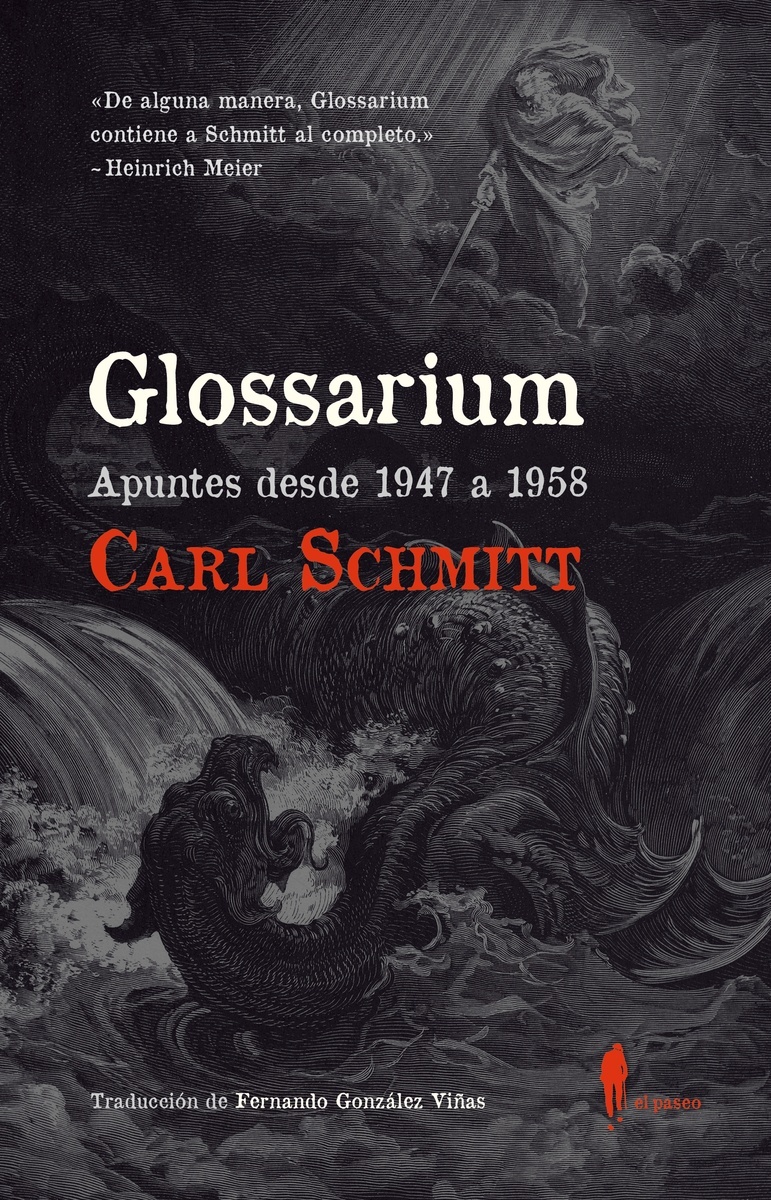Carl Schmitt Die Diktatur

A state of exception (German: Ausnahmezustand) is a concept introduced in the 1920s by the German philosopher and jurist Carl Schmitt, similar to a state of emergency (martial law) but based in the sovereign's ability to transcend the rule of law in the name of the public good.
People also search for. Carl Schmitt Die Diktatur Pdf File' title='Carl Schmitt Die Diktatur Pdf File' /Oswald Spengler Blankenburg am Harz, 29 maggio 1880 Monaco di Baviera, 8 maggio 1936 stato un filosofo, storico e scrittore tedesco, autore, tra le altre.
Carl Schmitt (German. Carl Schmitts Theorie der Diktatur und die intermedi. Schmitt,Carl, Die geistesgeschichtliche. Carl Schmitt; Born 11 July. Konrad Weiss e Carl Schmitt' (PDF). Carl Schmitt - Wikipedia. This article is about the German philosopher, jurist, political theorist and professor of law. For people with the same or similar names. Hamacher: Carl Schmitts Theorie der Diktatur. Wilfried Nippel, Institut f. Drei Hauptwerke: Die Diktatur 1921; Verfassungslehre 1928 (Neudruck 1954). Carl Schmitt heiratete zwei Mal. Aus zweiter Ehe stammte. Carl spricht gelegentlich ziemlich negativ; The utmost degree of association is the willingness to fight and die for and together with.
Theory[edit]
'In Schmitt's terms,' Masha Gessen wrote in Surviving Autocracy (2020), when an emergency 'shakes up the accepted order of things...the sovereign steps forward and institutes new, extralegal rules.'[1]
This concept is developed in Giorgio Agamben's book State of Exception (2005)[2] and Achille Mbembe's Necropolitics (2019).[3][4] It can be either grounded upon autonomous sources of law (like international treaties) or featured as external to the juridical order.[5]
Historical examples[edit]
The typical example from Nazi Germany is the Reichstag Fire (the arson against German parliament) which led to President von Hindenburg's Reichstag Fire Decree following Hitler's advice. The consequences of entering a state of exception may unroll slowly. 'Even the original Reichstag Fire was not the Reichstag Fire of our imagination—a singular event that changed the course of history once and for all,' Gessen wrote, pointing out that the Second World War did not begin for another six years after the Reichstag burned.[1]
See also[edit]

References[edit]
- ^ abGessen, Masha (2020). 'Chapter 2: Waiting for the Reichstag Fire'. Surviving Autocracy. Riverhead. ISBN9780593188941.
- ^'State of Exception'. uchicago.edu.
- ^'Necropolitics 2003'. Duke University Press.
- ^'Necropolitics 2019'. Duke University Press.
- ^Arthur Percy Sherwood , 'Tracing the American State of Exception from the George W. Bush, Barack Obama, and Donald Trump Presidencies', (2018) 8:1 online: UWO J Leg Stud 1, pp. 2-3.
Sources[edit]
Carl Schmitt Kommissarische Diktatur

- Carl Schmitt, Die Diktatur. Von den Anfängen des modernen Souveränitätsgedankens bis zum proletarischen Klassenkampf, 1921.
- Carl Schmitt, Politische Theologie. Vier Kapitel zur Lehre von der Souveränität, 1922.